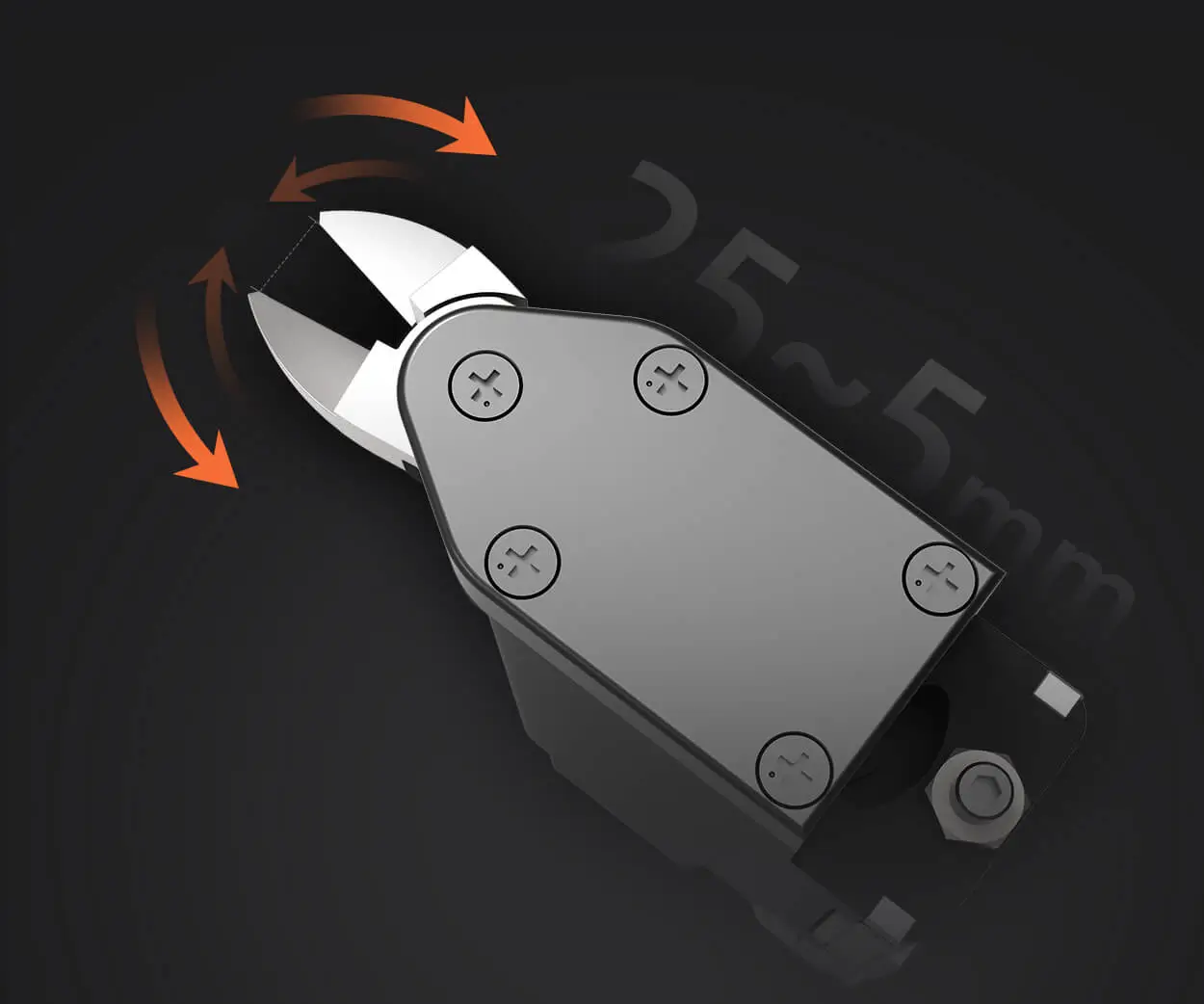Unlocking Precision and Power: The Ultimate Guide to Servo Motor Kits for CNC Machines
In the realm of modern manufacturing and DIY automation, CNC (Computer Numerical Control) machines stand as the backbone of precision engineering. From intricate jewelry designs to large-scale industrial components, CNC machines make a vast range of applications possible with remarkable consistency. But behind every precise cut and smooth operation lies a critical component: the motor. Among the different motor options available, servo motors are rapidly becoming the preferred choice for those seeking ultimate control, efficiency, and accuracy.

What is a Servo Motor Kit for CNC?
A servo motor kit for CNC is a comprehensive package that typically includes a servo motor, driver or controller, power supply, and sometimes mounting hardware and wiring. These kits are designed to facilitate the integration of high-precision motor control into CNC systems, whether for upgrading existing machinery or building custom solutions from scratch.
Unlike traditional stepper motors, servo motors offer superior performance in terms of speed, torque, and positional accuracy. This makes them particularly well-suited for applications requiring complex, high-precision movements, such as 3D carving, high-speed milling, or laser engraving.
Why Choose a Servo Motor Kit for Your CNC?
The advantages of servo motor kits go beyond just improved performance. Here are some compelling reasons why hobbyists, small businesses, and large manufacturers alike opt for these sophisticated components:
Enhanced Precision: Servo motors provide high-resolution feedback via encoders, allowing for fine control over position and speed. This results in smoother finishes on a variety of materials.
Increased Torque and Power: Servos can deliver significant torque at high speeds, enabling the machining of tougher materials or larger workpieces without compromising accuracy.
Greater Efficiency: The closed-loop control system of a servo motor continuously monitors motor position and adjusts power accordingly, reducing energy waste and overheating.
Reduced Wear and Tear: Because servo systems precisely control movements, they exert less mechanical stress on components, extending the lifespan of your CNC machine parts.
Improved Automation Capabilities: With advanced servo motor kits, you can integrate features like rapid acceleration, deceleration, and complex motion profiles, which are essential for automated and intelligent manufacturing.
Components of a Typical Servo Motor Kit for CNC
A typical kit comprises various key components, each playing a vital role in ensuring smooth operation:
Servo Motor: The core actuator capable of precise rotational or linear movement. The motors come in various sizes and power ratings, tailored to different CNC applications.
Servo Drive/Controller: The brain that interprets signals from your CNC control software and adjusts motor output accordingly. Modern drives support multiple communication protocols, making integration seamless.
Encoder or Feedback Device: Most servo systems use high-resolution encoders to monitor position and velocity. This feedback loop allows for real-time correction, ensuring the motor responds accurately.
Power Supply: A stable power source designed to deliver consistent voltage and current, minimizing fluctuations that could impact performance.
Mounting Hardware and Wiring: Brackets, couplings, cables, and connectors to install and connect the components securely.
Understanding the Working Principle of Servo Systems
At the heart of a servo motor kit's effectiveness is the closed-loop control system. Here's how it works:
Command Signal: The CNC controller sends a position, speed, or torque command to the servo drive.
Motor Response: The servo motor begins turning and the encoder tracks the actual position or velocity.
Feedback: The feedback device communicates the real-time position back to the drive.
Adjustment: The drive compares the actual position with the target and adjusts power to minimize error.
Continuous Loop: This cycle repeats rapidly, often thousands of times per second, maintaining precise control over every movement.
The Evolution of CNC Motors: From Stepper to Servo
Stepper motors, once the go-to in CNC setups thanks to their affordability and simplicity, have certain limitations—namely lower accuracy at high speeds and susceptibility to losing steps under heavy load. Servo motors address these issues by providing real-time feedback and smoother operation, making them ideal for applications demanding tight tolerances.
Moreover, thanks to advancements in electronics and motor design, modern servo kits are more accessible and easier to install than ever before. They offer greater scalability, allowing users to tailor systems to specific workloads.
Key Factors to Consider When Choosing a Servo Motor Kit
Before investing in a servo motor kit, evaluate these critical factors:
Power and Torque Requirements: Match the motor’s specifications to the size and type of your CNC machine and the materials you plan to work with.
Speed Range: Determine the maximum speeds your application necessitates and ensure the kit supports it.
Feedback Resolution: Higher encoder resolution translates to finer control; choose accordingly for complex tasks needing detailed finishing.
Compatibility: Verify the drive's compatibility with your existing CNC controller or PC-based control software.
Physical Size and Mounting: Ensure the motor dimensions fit your machine design.
Cost and Support: Balance your budget with the quality and after-sales support available from manufacturers.
DIY and Upgrading with Servo Motor Kits
For hobbyists and small workshop owners, upgrading an existing CNC machine with a servo motor kit can be transformative. Such upgrades usually involve replacing stepper motors with servo units, connecting them to compatible controllers, and tuning the system for optimal performance.
DIY enthusiasts often relish the learning curve of integrating these advanced motors into their machines, gaining not just improved functionality but also valuable insights into automation technology. For new constructions, choosing servo kits from reputable vendors offers a pathway to build robust, high-precision CNC machines tailored to specific needs.
The Future of servo-driven CNC machining
As technology continues to evolve, so does the landscape of CNC automation. Fields like AI-driven motion planning, machine learning for predictive maintenance, and IoT connectivity are increasingly integrated with servo motor systems.
Looking ahead, servo motor kits will become even more intelligent, compact, and energy-efficient. This progression will democratize high-precision manufacturing, making it accessible to a broader audience, from individual tinkers to large industrial factories.
Established in 2005, Kpower has been dedicated to a professional compact motion unit manufacturer, headquartered in Dongguan, Guangdong Province, China.




































